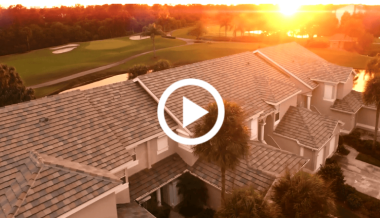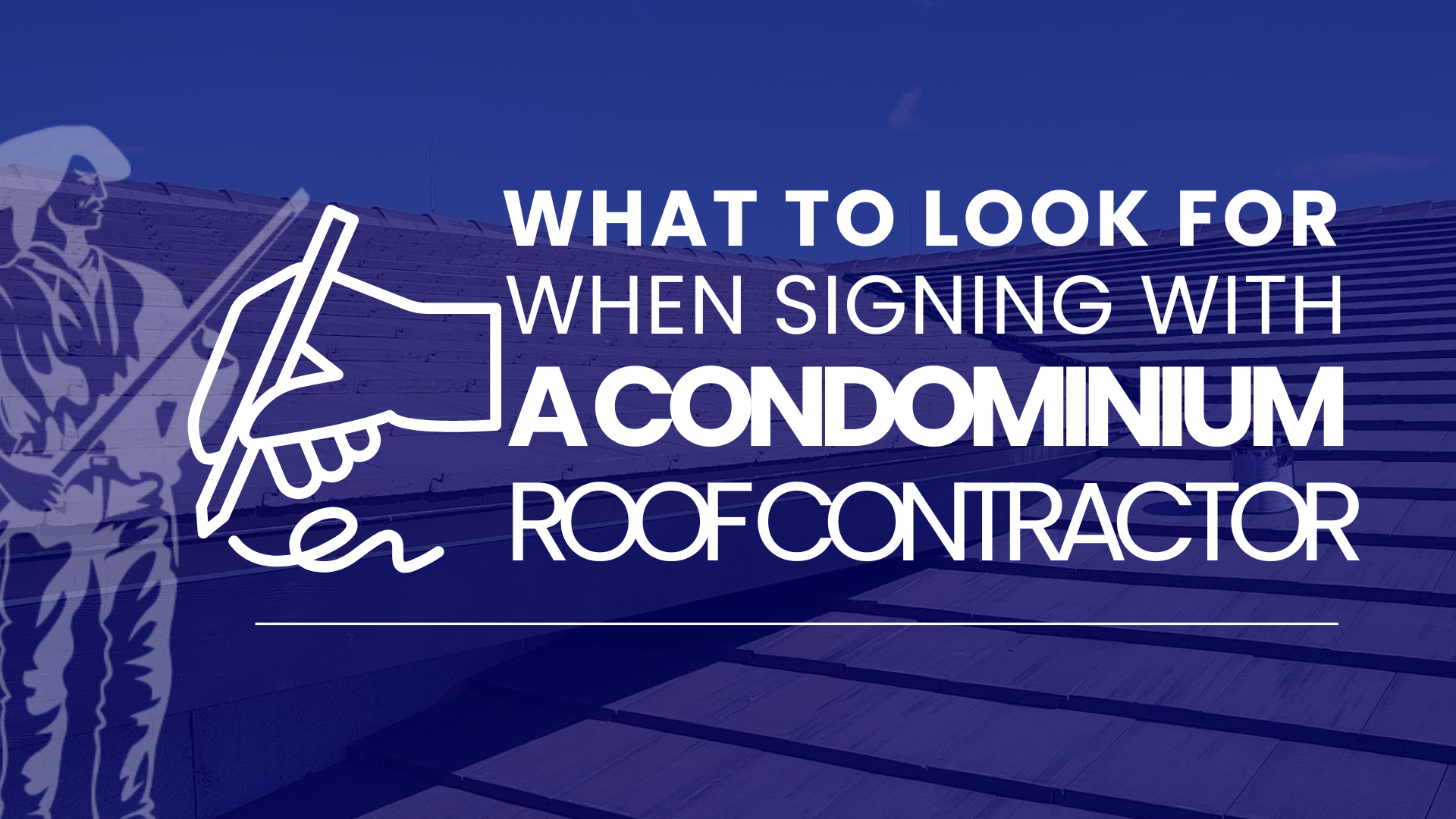What to Check Before Hiring a Florida Condo Roofing Contractor
Scope of Work
 The contract should include a detailed description of exactly what will be done, from removing old materials to final inspections. Vague language creates confusion and often leads to unexpected charges. The clearer the scope, the fewer surprises you’ll face.
The contract should include a detailed description of exactly what will be done, from removing old materials to final inspections. Vague language creates confusion and often leads to unexpected charges. The clearer the scope, the fewer surprises you’ll face.
Timeline
A projected timeline or completion date should always be included. While weather can cause delays, having a target schedule keeps everyone accountable. Without a timeline, a project can drag on much longer than expected.
Warranties in Writing
A reputable Florida roofing contractor will provide written warranty agreements. These should cover both workmanship and manufacturer warranties. Having samples of these documents up front ensures you understand what is covered and for how long.
Payment Terms and Lien Releases
Clear payment terms protect both the contractor and your association. Ask for partial releases of lien rights from the contractor and suppliers with each payment cycle. This ensures you aren’t left responsible for unpaid bills, even if you’ve already paid the contractor.
General Guidelines
A strong contract also sets expectations for site cleanup, material storage, and inspections. These details may seem minor, but they help prevent disputes during the project.
A roofing contract is more than paperwork, it’s your condominium community’s protection against cost overruns, delays, and disputes. By reviewing the scope of work, warranties, payment terms, and timelines, you’ll be able to sign with confidence knowing your HOA or condo is in good hands. While none of this is a substitute for an attorney’s eye, understanding the highlights helps you identify issues or missing items.
.jpg)

.png)



